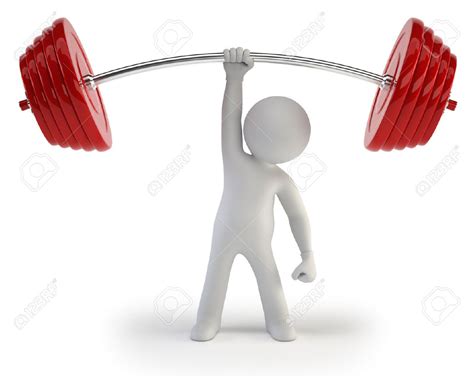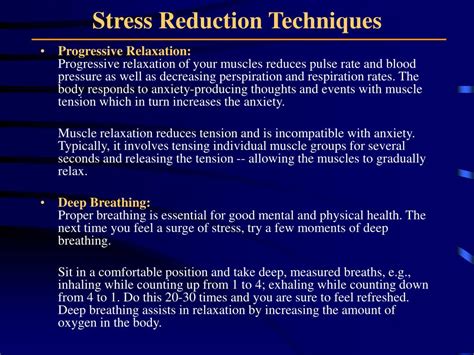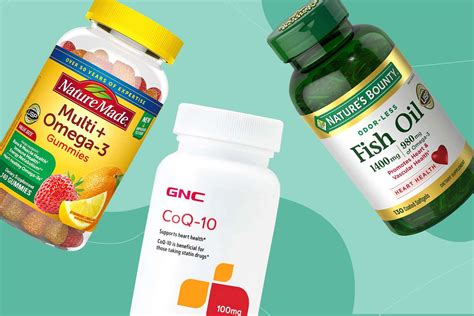Natural ways to optimize testosterone for men’s strength & vitality?

Testosterone, the primary male sex hormone, plays a crucial role far beyond reproductive health. It’s fundamental for building muscle mass, maintaining bone density, regulating mood, and sustaining energy levels. As men age, or due to various lifestyle factors, testosterone levels can decline, leading to reduced strength, diminished vitality, and a host of other health challenges. Fortunately, there are numerous natural and effective strategies men can adopt to optimize their testosterone levels and reclaim their vigor.
Understanding Testosterone’s Vital Role
Often associated purely with masculinity, testosterone influences nearly every system in the male body. Adequate levels are essential for muscle growth and repair, fat distribution, red blood cell production, and even cognitive functions like memory and concentration. Low testosterone can manifest as fatigue, decreased libido, difficulty concentrating, and a reduction in overall physical and mental robustness. The good news is that lifestyle modifications can significantly impact this vital hormone.
Lifestyle Pillars for Testosterone Optimization
1. Prioritize a Nutrient-Dense Diet
What you eat directly impacts your hormonal balance. A diet rich in whole, unprocessed foods is paramount. Focus on:
- Healthy Fats: Include monounsaturated and polyunsaturated fats from sources like avocados, nuts, seeds, and olive oil. Cholesterol, a precursor to testosterone, needs healthy fats.
- Lean Proteins: Essential for muscle building and overall hormone production. Think chicken, fish, lean beef, and legumes.
- Plenty of Vegetables: Cruciferous vegetables (broccoli, cauliflower) can help regulate estrogen levels, which can indirectly support testosterone.
- Micronutrients: Pay attention to zinc (found in oysters, beef, pumpkin seeds) and Vitamin D (from sunlight exposure or supplements), both critical for testosterone synthesis.

2. Embrace Regular Strength and High-Intensity Training
Exercise, particularly resistance training and high-intensity interval training (HIIT), is a powerful natural testosterone booster. Lifting weights stimulates muscle growth, which in turn signals the body to produce more testosterone. HIIT, with its short bursts of intense activity followed by brief recovery periods, has also been shown to increase testosterone levels significantly.
However, avoid chronic overtraining, which can lead to increased cortisol (a stress hormone) and subsequently suppress testosterone. Aim for 3-5 strength training sessions per week, allowing for adequate recovery.

3. Master Stress Management
Chronic stress is one of the biggest enemies of healthy testosterone levels. When you’re stressed, your body releases cortisol. Elevated cortisol levels for prolonged periods can directly inhibit testosterone production. Integrating stress-reducing practices into your daily routine is crucial.
Consider activities such as meditation, deep breathing exercises, yoga, spending time in nature, or engaging in hobbies you enjoy. Prioritizing mental well-being contributes significantly to hormonal equilibrium.

4. Ensure Adequate and Quality Sleep
Sleep is a foundational pillar for hormone regulation. Most of your body’s testosterone is produced while you sleep. Insufficient or poor-quality sleep (less than 7-9 hours per night) can drastically reduce testosterone levels. Studies have shown that even a single week of sleep restriction can lead to significant drops in testosterone.
Practice good sleep hygiene: maintain a consistent sleep schedule, create a dark and cool sleep environment, and avoid screens before bed.

5. Consider Strategic Supplementation (with caution)
While a balanced diet is primary, certain supplements can support testosterone levels, especially if you have deficiencies. Always consult with a healthcare professional before starting any new supplement regimen.
- Vitamin D: Many men are deficient. Supplementing can significantly impact testosterone.
- Zinc: Crucial for testosterone production; deficiency can lead to lower levels.
- Magnesium: Supports free and total testosterone levels, especially in active individuals.
- Ashwagandha: An adaptogenic herb shown to reduce cortisol and improve testosterone levels in some studies.
- Fenugreek: Some research suggests it can increase libido and free testosterone.

What to Avoid for Optimal Testosterone
Just as important as what you do is what you avoid. Minimize consumption of processed foods, excessive sugar, and alcohol. Limit exposure to endocrine-disrupting chemicals found in plastics (BPA) and certain personal care products. These factors can negatively impact hormone balance.
Conclusion
Optimizing testosterone naturally is an integrated process that involves consistent attention to diet, exercise, stress management, and sleep. By making these fundamental lifestyle changes, men can significantly enhance their strength, vitality, and overall well-being. Remember that individual results may vary, and consulting with a healthcare professional is always recommended for personalized advice, especially if you suspect a significant hormonal imbalance.









